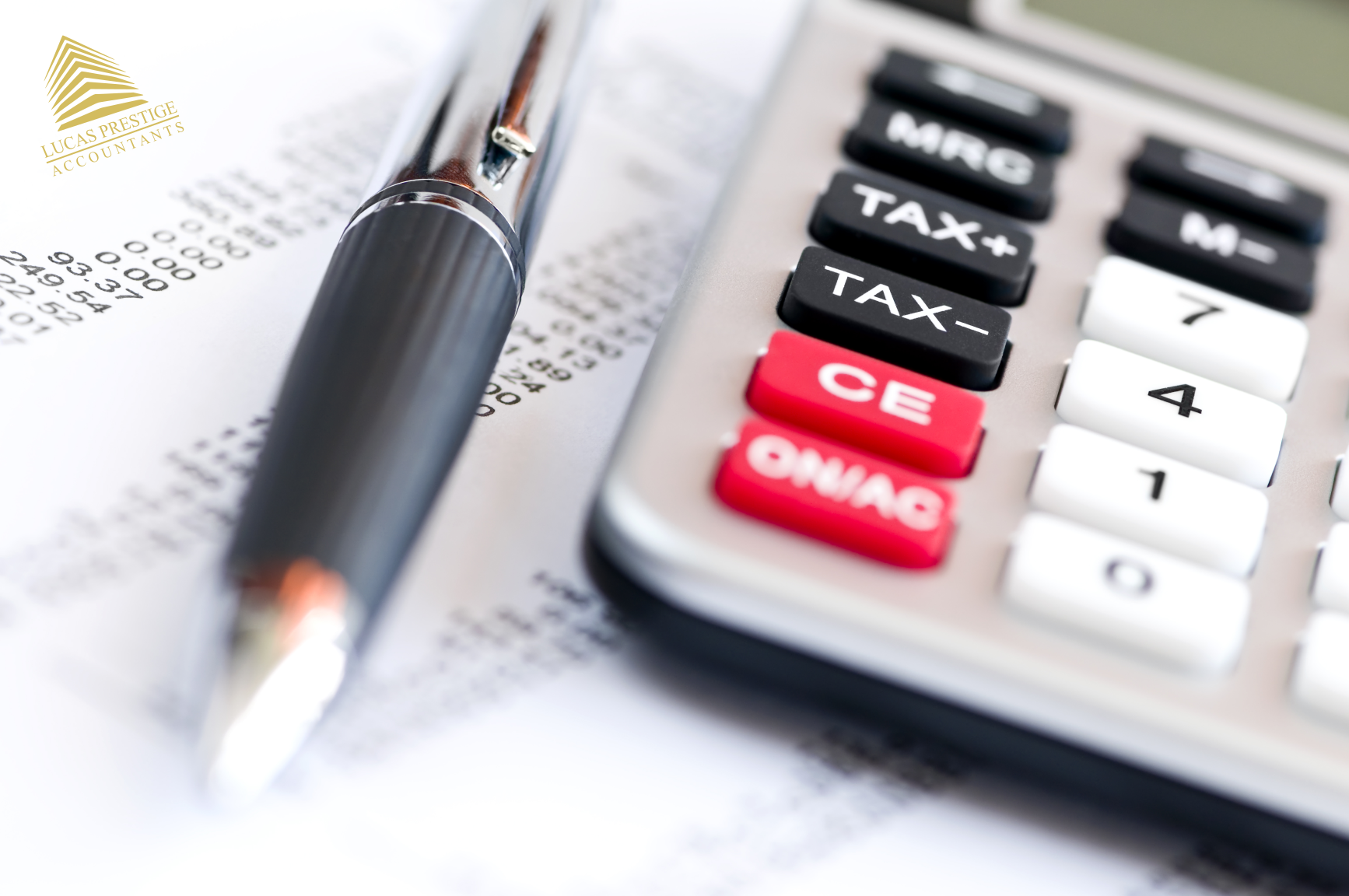If you were self-employed but have now stopped trading as a sole trader or left a business partnership, you might think your tax obligations are over. However, you still need to file your final Self Assessment tax return before the 31 January deadline to avoid penalties from HMRC.
What You Need to Do
✅ Inform HMRC – You must officially notify HMRC that you have stopped being self-employed. This ensures your records are updated and you don’t receive unnecessary tax return requests in the future.
✅ Submit Your Final Tax Return – Even if you’ve ceased trading, you must declare your last year’s income, allowable expenses, and any capital gains if applicable. Failure to do so can result in fines and interest charges.
✅ Avoid Penalties – Missing the 31 January deadline could lead to a late filing penalty starting at £100, plus additional charges if the delay continues. Even if you don’t owe tax, late submission can still result in penalties.
Why Filing Your Final Tax Return Matters
Many self-employed individuals mistakenly assume that stopping their business means they don’t have to submit a tax return. However, HMRC still requires a final return to ensure all income and expenses are properly accounted for. If you earned any income before ceasing operations, it must be declared to avoid compliance issues.
Need Expert Assistance?
If you’re unsure how to handle your final tax return or want to ensure everything is completed correctly, Lucas Prestige Accountants is here to help. Our expert team can guide you through the process, ensuring that your tax affairs are settled smoothly and on time.
📞 Contact us today to avoid unnecessary stress and penalties!
